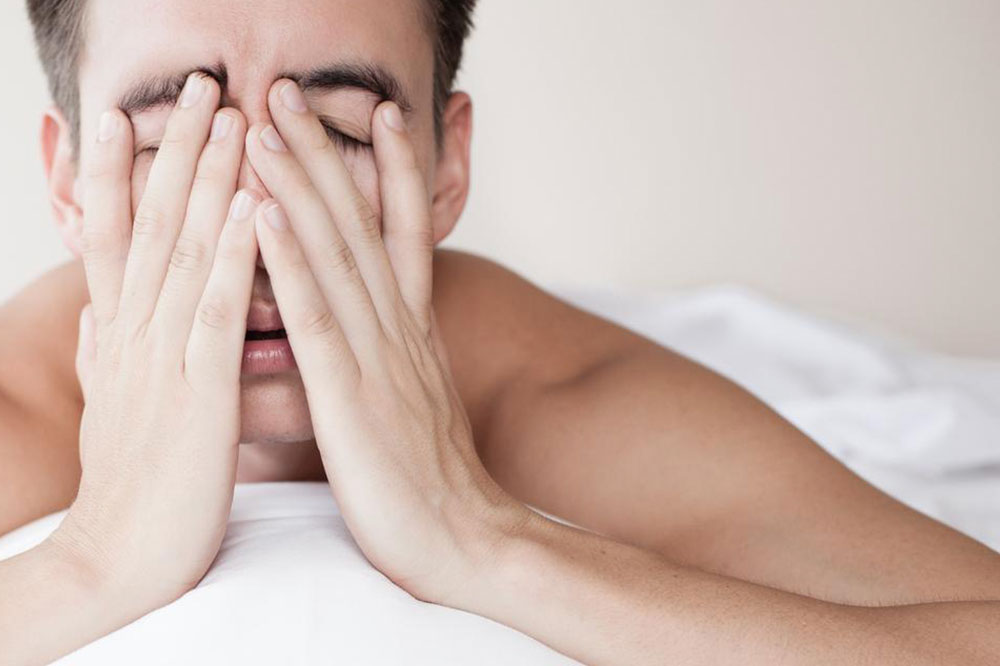
Sleep Apnea – Types and Symptoms
Interrupted breathing during sleep can cause a common sleeping disorder commonly known as sleep apnea, which is where a person momentarily stops breathing altogether. The inability to get proper sleep due to sleep apnea may level to extreme mental and physical tiredness.
The common signs and symptoms of sleep apnea include breath pauses, gasping, snoring and choking during sleep, morning headaches and fatigue throughout the day. Untreated sleep apnea can result in high blood pressure, diabetes, stroke, depression, and other medical problems.
Tests at home for sleep apnea
Recent technological advances have made it possible for people to take sleep study tests at home. This new form of testing is convenient, cost-effective, and accessible. People experiencing the signs and symptoms of sleep apnea should contact their primary care provider to set up a sleep study right away.
Types of Sleep Apnea
Depending on the signs and symptoms of sleep apnea, individuals can have obstructive or central sleep apnea, or, sometimes, a bit of both.
- Obstructive sleep apnea
This type of sleep apnea is quite common. It has periods of both heavy snoring as well as almost complete silence. At the end of the apnea, there is usually explosive snoring that not only disturbs your sleep but also those around you. It is very often noticed by those around you, who are aware of your behavior and your restless sleep at night. Due to disrupted sleep at night, the patient will wake up feeling restless in the morning, and during the day, they would become increasingly tired and often sleepy. - Central sleep apnea
This type refers to the fact that the problem is “central,” i.e., related to the central nervous system. This is where the brain intermittently shops making an effort to breathe for 10-30 seconds. The apnea can continue for longer periods even after waking up, triggering feelings of panic attacks and further spoiling sleep patterns. Central sleep apnea begins with the inception of hyperpnea, which is when the brain controls the lungs to start hyperventilating during sleep and increases the respiratory rate. This rapid breathing forces a drop in the blood’s carbon dioxide levels and causes hypocapnia. When the carbon dioxide falls low, the body slides into an apnea where the body takes no effort to breathe in oxygen.
Signs and Symptoms of Sleep Apnea
One of the most common signs and symptoms of sleep apnea is severe sleep deprivation. Interrupted sleep can cause the excessive need to urinate during the night and stress-induced insomnia. The effects of sleep apnea are more apparent during the day time because losing proper sleep may lead to fatigue, headaches, and difficulty concentrating. Apneic episodes are usually preceded by loud snoring, which can interrupt the sleep of the other people as well. Sleep apnea on its own is rarely fatal, but it can worsen other health problems. For example, drops in oxygen levels can trigger anginal chest pain and irritate heart cells, leading to arrhythmia, i.e., irregular heartbeat. Broadly speaking, individuals with sleep apnea have a higher risk for certain types of cancer, diabetes, respiratory failure, and heart failure.


